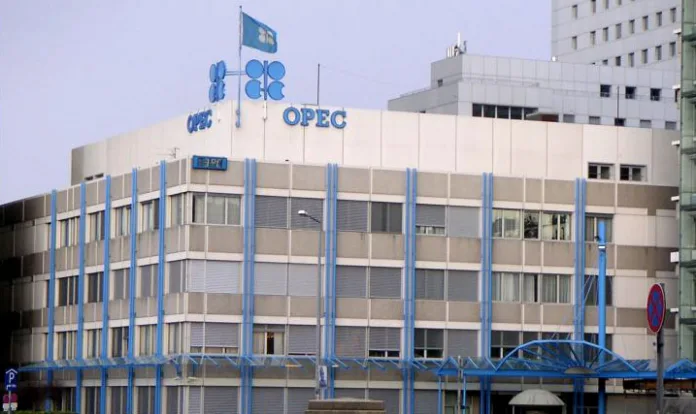Saudi Oil Strategy and OPEC+ continue supply cuts with adjustments through 2026
In a bid to stabilise global oil markets, OPEC+ announced on Thursday its decision to extend existing production cuts by an additional three months, maintaining reduced supply through to March 2025. This move aligns with the Saudi Oil Strategy, reinforcing OPEC+’s commitment to market stability. The decision was reached during a virtual meeting held alongside the 38th OPEC and non-OPEC Ministerial Meeting.
OPEC+, an alliance that includes major oil producers such as Saudi Arabia and Russia, confirmed that its voluntary reductions of 2.2 million barrels per day (bpd), first implemented in November 2023, would remain in place. These cuts will begin to phase out gradually on a monthly basis from March 2025 and extend until September 2026. However, the group retains the flexibility to pause or reverse these increases depending on market conditions.
Currently, OPEC+ is withholding 5.86 million bpd, equivalent to approximately 5.7 per cent of global demand, as part of a series of adjustments initiated since 2022. These efforts are aimed at balancing the market amid fluctuating oil prices, which have largely ranged between $70 and $80 per barrel this year. On Thursday, Brent crude traded near $72 per barrel, rebounding slightly after hitting a 2024 low below $69 in September.
Embed from Getty ImagesA statement from the alliance welcomed commitments by member countries to address overproduction. Overproducing nations pledged to submit updated compensation schedules to the OPEC Secretariat, ensuring compliance for volumes produced beyond quotas since January 2024. These measures are to be finalised before the end of December 2024.
The alliance also adjusted production plans for the UAE, granting the nation a gradual increase of 300,000 bpd from April 2026 to September 2026. This revision postponed an earlier plan to begin the increase in January 2025.
While OPEC+ continues to limit output to stabilise prices, market dynamics have remained challenging. The group’s proactive management of supply is part of a broader strategy to navigate economic uncertainties and maintain market equilibrium.
With these cuts in place, the alliance aims to reinforce its influence in global energy markets, ensuring sustained cooperation among members to respond effectively to shifting conditions.
